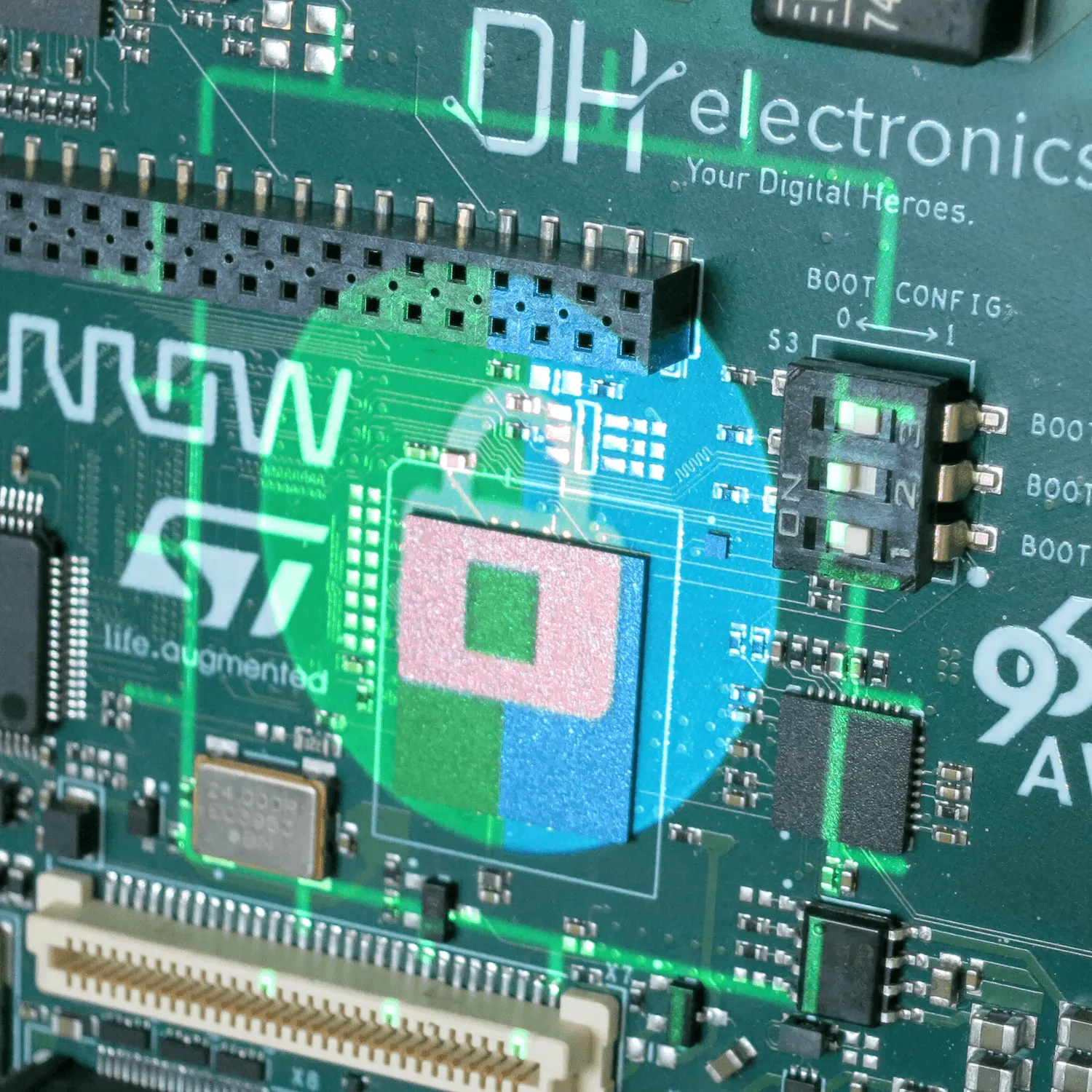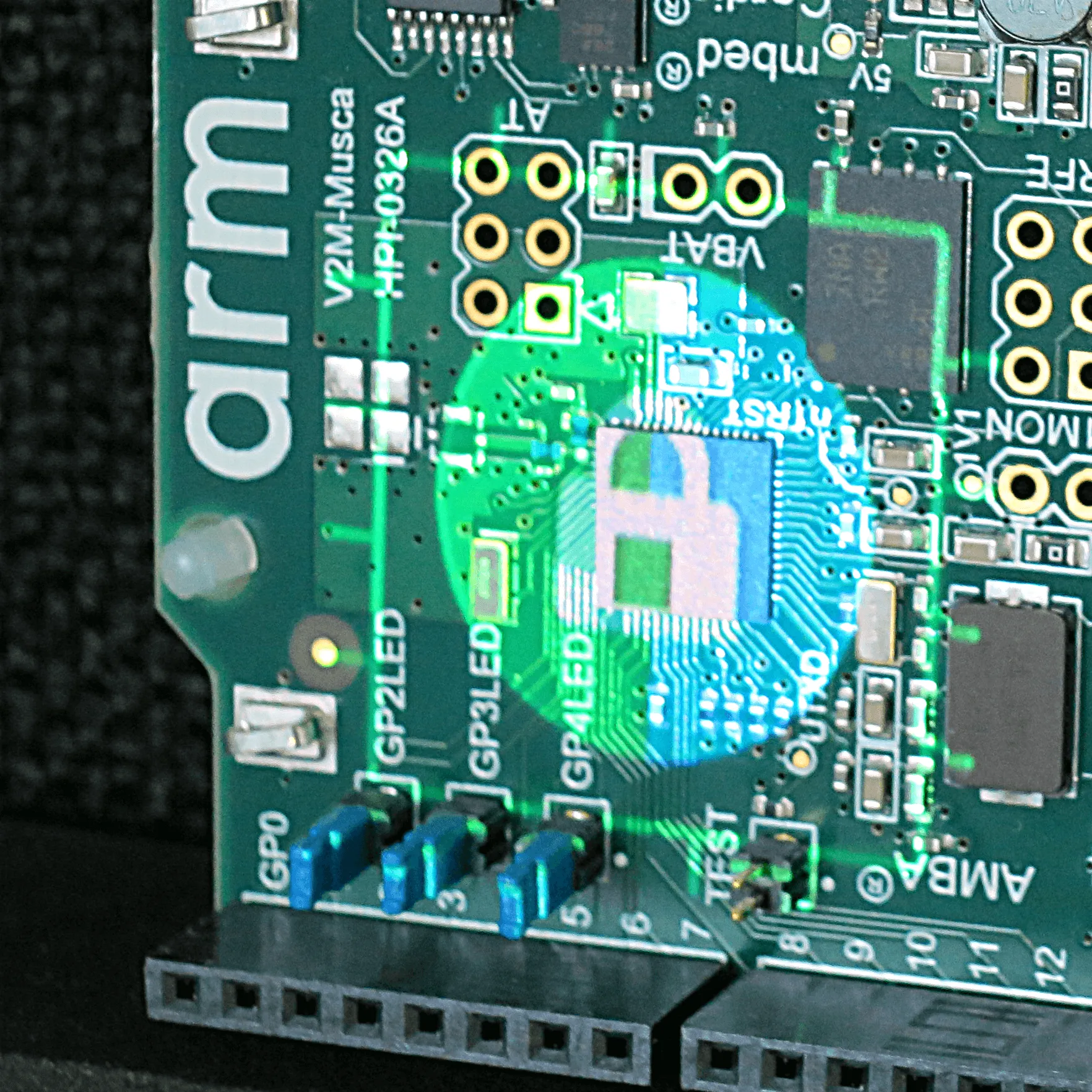Trusted Firmware-M: v1.1 and Ecosystem Enablement
Introduction
Trusted Firmware-M (TF-M) v1.1 is the TF-M release tag made on 09th July 2020. This tag has a new set of features, platforms and improved documentation since TF-Mv1.0 tag that was made end of March 2020. TF-M has also been enabled in various ecosystems over the last few months easing the route to security for IoT developers.
Highlights of the TF-M v1.1
While there have been around 200 commits in TF-M master branch since TF-Mv1.0, here are some of the highlights included in TF-Mv1.1
-
mcuboot upstream is used by default as the Stage2 bootloader instead of the TF-M mcuboot that was derived from mcuboot at the start of TF-M project. All the mcuboot features developed in TF-M have been merged to mcuboot project.
-
STM32L562E-DK, STM32 Nucleo-144, LPCXpresso55S69, Corstone-300 (Cortex-M55 based) are newly enabled platforms. PSoC(R) 64, Arm reference platform were already supported in TF-Mv1.0
-
Profile Small — Reduced memory footprint TF-M meeting PSA Certified Level 1 Root of Trust (RoT) requirements
-
IAR Compiler Support
-
Initial Fuzzer Tool Support
Release Cadence
The previous TF-M tags were made whenever the project had a reasonable number of new capabilities and was not following a regular cadence. TF-M has recently published the release cadence and process with an aim to make releases every four months.
Memory Usage and Profile Small
TF-M provides Secure Processing Environment for Cortex-M devices where the capabilities and resources hugely vary. Certain devices come with very limited memory resources. The IoT use cases that utilize these devices will also have different levels of security requirements. Therefore, it is important for TF-M to provide different configurations to satisfy security requirements of these different classes of IoT devices.
TF-M wants to provide different Profiles with increasing level of security functionality allowing device manufacturers to choose (and further customize if required) a profile based on Threat Model and Security Analysis of their use case.
TF-M v1.1 includes support for Profile Small aimed at memory constrained devices meeting requirements for PSA Certified Level 1. Profile Medium is in the works.
Documentation Improvements
An improved HTML rendering of all the in-source TF-M documentation is available in trustedfirmware.org-> Documentation-> Docs -> TF-M. This allows people new to TF-M project to easily navigate through the documentation resources. The documentation includes
-
How to Build and Start Using TF-M and Contributing
-
User Guides on Secure Services
-
Designs
-
PSA
Ecosystem Enablement
Ecosystem support is increasing, giving IoT application developers different routes to access TF-M and improve security.
-
TF-M till recently supported Arm Compiler and GCC. With TF-M v1.1, IAR compiler is also supported. Information about IAR support can be found here
-
TF-M CMSIS Pack based on TF-M v1.0 is available. This pack works with various device family packs and AWS MQTT examples - NUCLEO-STM32L552ZE, LPCXpresso55S69-EVK, STM32L562E-DK, and Arm Musca-S1
-
MCUXpresso SDK includes TF-M support for LPC55S69
-
STM32CubeL5 MCU Package includes TF-M support and provides an application note for users to get started.
-
MbedOS had initial TF-M support from MbedOS5.12. A more complete integration of TF-M as Secure Processing Environment is becoming available for various platforms from MbedOS6.1 onwards.
-
Zephyr 2.3 release has integrated Trusted Firmware-M for Musca-B1 platform with more platforms expected to be supported with TF-M in the coming releases.
-
The 202007.00 release of AWS reference integrations includes TF-M for Cypress PSoC64
-
FreeRTOS now supports a shim layer that converts the FreeRTOS PKCS#11 APIs to PSA Functional APIs. See psa folder in Amazon FreeRTOS github. This allows platforms enabled with FreeRTOS and TF-M to make use of PSA Functional APIs supported in TF-M when PKCS#11 APIs are invoked. A blog has been published about the FreeRTOS/TF-M integration on Musca-B1.



